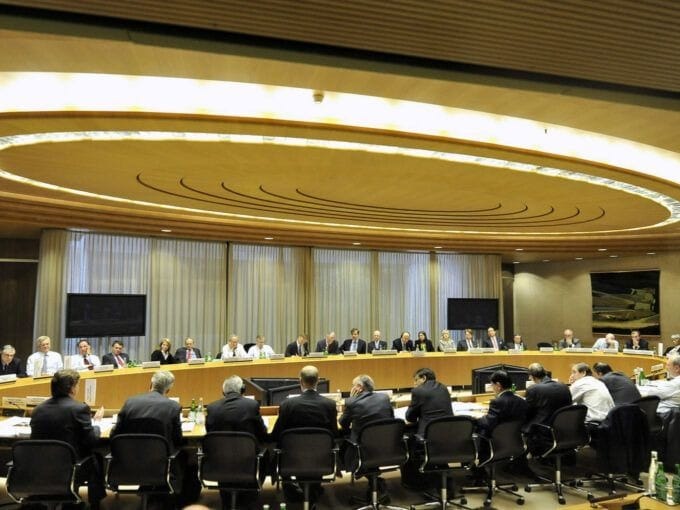BASEL, Switzerland (AN) — The international organization that supervises the global financial system has bid for more American involvement by selecting a U.S. political appointee and central banker as its next chairman.
The Swiss-based Financial Stability Board, or FSB, has the task of monitoring and recommending ways of improving the world's financial architecture. It named Randal Quarles as its leader for the next three years starting Dec. 2.









